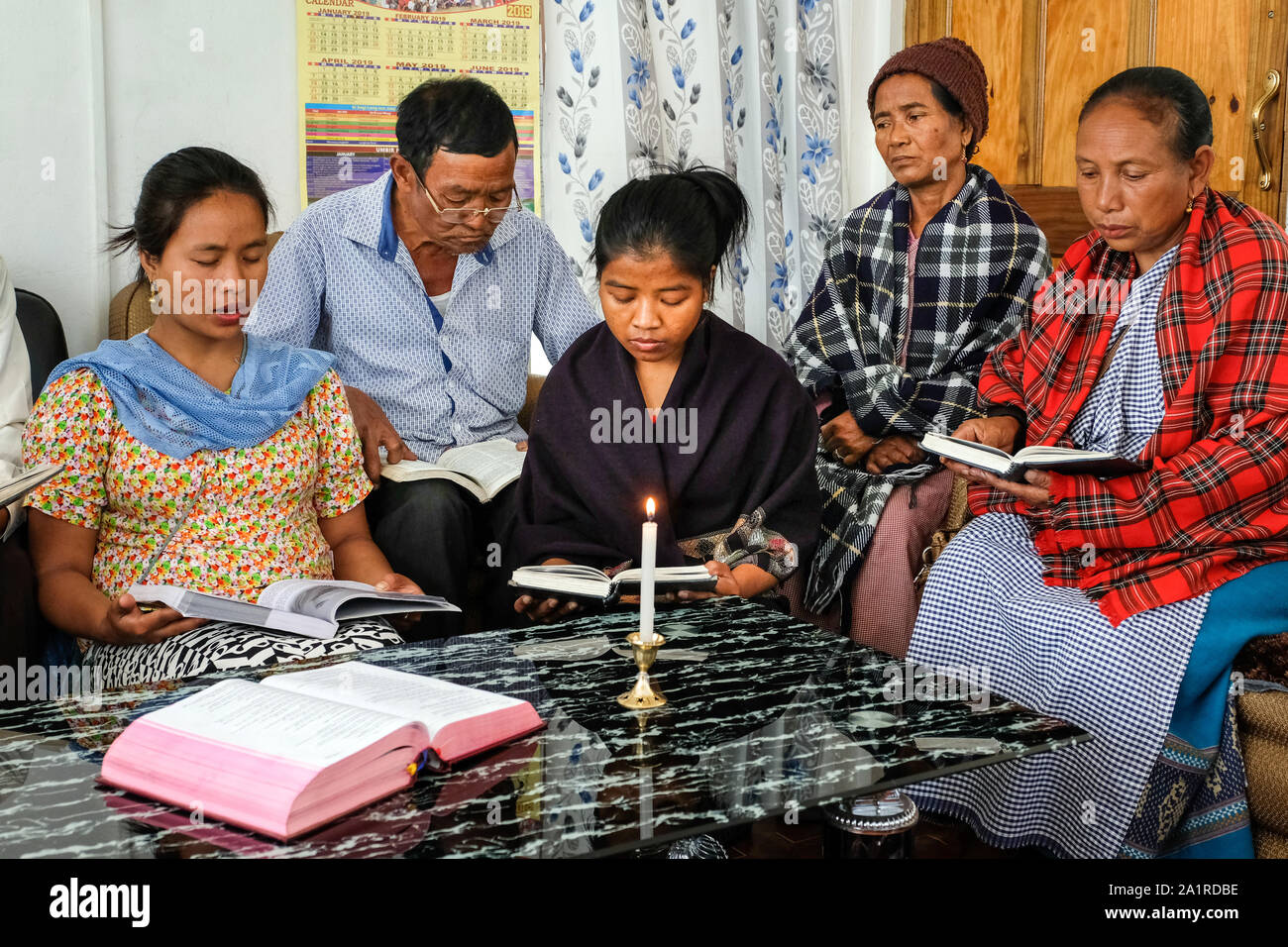
Sangma, referencing the May 28, 2023, consecration of India's new Parliament building with Hindu rituals, stated, "As a Christian state, we want to consecrate the first state university with a massive prayer meet." He further questioned, "If Parliament can be blessed with Hindu rituals, why not Christian rituals in a Christian state?" The minister indicated that all cabinet ministers and representatives from various church denominations would participate in the ceremony.
This announcement has drawn criticism from several quarters. The Association of Niamtre Students of Shillong, representing indigenous faith practitioners, expressed strong opposition. General Secretary Teinam Dkhar labeled Sangma's statement as "illogical and irresponsible," asserting that it contradicts India's secular-democratic framework. Dkhar emphasized that the Indian Constitution defines the nation as secular, and no state can legally be termed a "Christian state." He urged the minister to refrain from politicizing religion and to uphold constitutional values.
Thma U Rangli-Juki (TUR), a prominent civil society organization, also criticized the proposal. Representative Angela Rangad highlighted that while Meghalaya has a majority Christian population, it is not constitutionally a "Christian state." Rangad contended that Sangma's statement undermines the secular principles enshrined in the Constitution and stressed that state-funded institutions should remain free from religious influences.
The controversy underscores the delicate balance between cultural practices and constitutional mandates in India. Article 25 of the Indian Constitution guarantees freedom of religion, allowing individuals to practice and propagate their faith. However, Articles 27 and 28 prohibit the use of state funds for religious activities and mandate that state-run educational institutions remain free from religious instruction. Critics argue that conducting a religious ceremony for a state university could blur the line between religion and state, potentially alienating non-Christian communities in Meghalaya.
Meghalaya, located in northeastern India, is home to a diverse population practicing various religions, including Christianity, indigenous faiths, Hinduism, and Islam. While Christians constitute a significant portion of the population, the state's demographic composition is pluralistic. The proposal for a Christian consecration ceremony has raised concerns among minority religious groups, who fear marginalization and a breach of secular principles.
